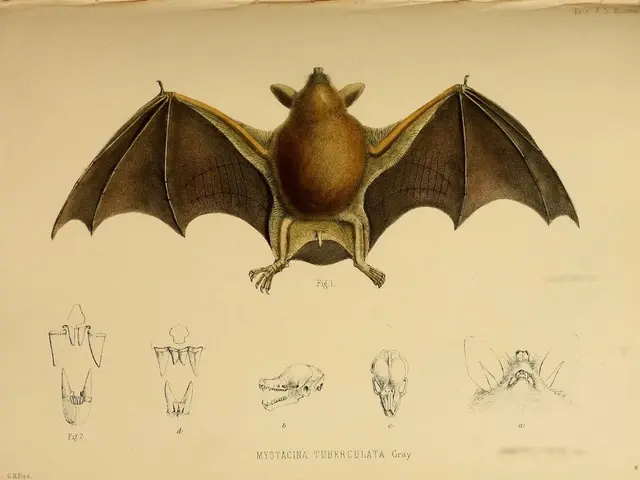Affordable Electric Cars on the Line: EU-China Talks and Leapmotor
China-based electric vehicle manufacturer, Leapmotor, expresses concerns about the imposition of minimum prices for EVs made in China within the European market.
In the rapid-paced world of electric vehicles (EVs), the ongoing discussions between the European Union (EU) and China have stirred considerable interest, particularly for companies like Leapmotor. These negotiations, which have reached the final stages[1][3][4], seek to address EU concerns over Chinese state subsidies, which allegedly offer an unfair advantage to EV manufacturers in China[2].
In the midst of these discussions, Leapmotor, a Chinese automaker partially owned by Stellantis[5], has raised concerns over potential minimum pricing for EVs in Europe. Cao Li, senior vice-president of the company, stated that such a commitment wouldn't be favorable for small cars[6]. Leapmotor's European models, priced below the proposed minimum, would thus be barred from the market, potentially jeopardizing the company's expansion plans in the continent[6].
The T03, Leapmotor's small, affordable electric model launched recently, has gained popularity in Europe[6]. But, if negotiations lead to a minimum pricing agreement[6], it could hamper the adoption of such economical alternatives against established European manufacturers.
As the talks proceed, both parties must strike a balance that ensures fair competition while maintaining an array of affordable EV choices for European consumers. Meanwhile, trade experts have emphasized the need for a "bulletproof" price undertaking[7], but also note the potential for lost tariff revenue[7]. With the financial implications and the future of affordable EVs at stake, the unsettled negotiations continue, awaiting a resolution that fosters a sustainable and competitive market[1][3].
Factors Shaping the Negotiations:
- Trade Tensions and Tariffs: The EU's imposition of tariffs on Chinese EVs has stimulated an urgent need for resolution to benefit both parties[3][4].
- Economic Turmoil: Economic challenges in both regions have added urgency to resolving trade disputes[4].
- Rare Earth Elements: China's potential to expedite rare earths exports could serve as a negotiating tool, highlighting the interconnected nature of trade agreements[2].
[1] Financial Times: EU-China EV talks enter final stages, butrouter is tricky
[2] Reuters: Beijing sees chance to deal rare earths to EU in Brussels trade talks
[3] Automotive News Europe: Leapmotor says no to minimum prices in EU
[4] Car and Driver: EU-China Trade Tensions and How They Might Impact Tesla, Other EVs
[5] Financial Times: Stellantis takes stake in Chinese electric vehicle company
[6] Car Sales Base: Leapmotor T03 is Europe’s top-selling EV in January 2023
[7] European Car Review: Brussels sceptical over China's ED pricing move
- The discussions between the European Union (EU) and China, concerning Chinese state subsidies in the automotive industry, have raised concerns for companies like Leapmotor, a Chinese electrical vehicle (EV) manufacturer that aims to compete in the EU market with its affordable EV models.
- In the field of finance, Leapmotor, which is partially owned by Stellantis, has apprehensions over potential minimum pricing for EVs in Europe, making small and economically-priced EVs like the T03, the company's top-selling model in Europe, potentially inaccessible to consumers due to market restrictions.
- As negotiations between the EU and China affect the price of electric vehicles, the broader lifestyle and business implications are significant, as affordable EVs can contribute to a more sustainable and accessible mode of transportation in Europe.
- In addition to the trade tensions and tariffs between the EU and China, the potential exploitation of China's rare earth elements reserves adds another complex layer to an intricate set of negotiations, with the outcome severely impacting the finance, transportation, and automotive sectors in both regions.








